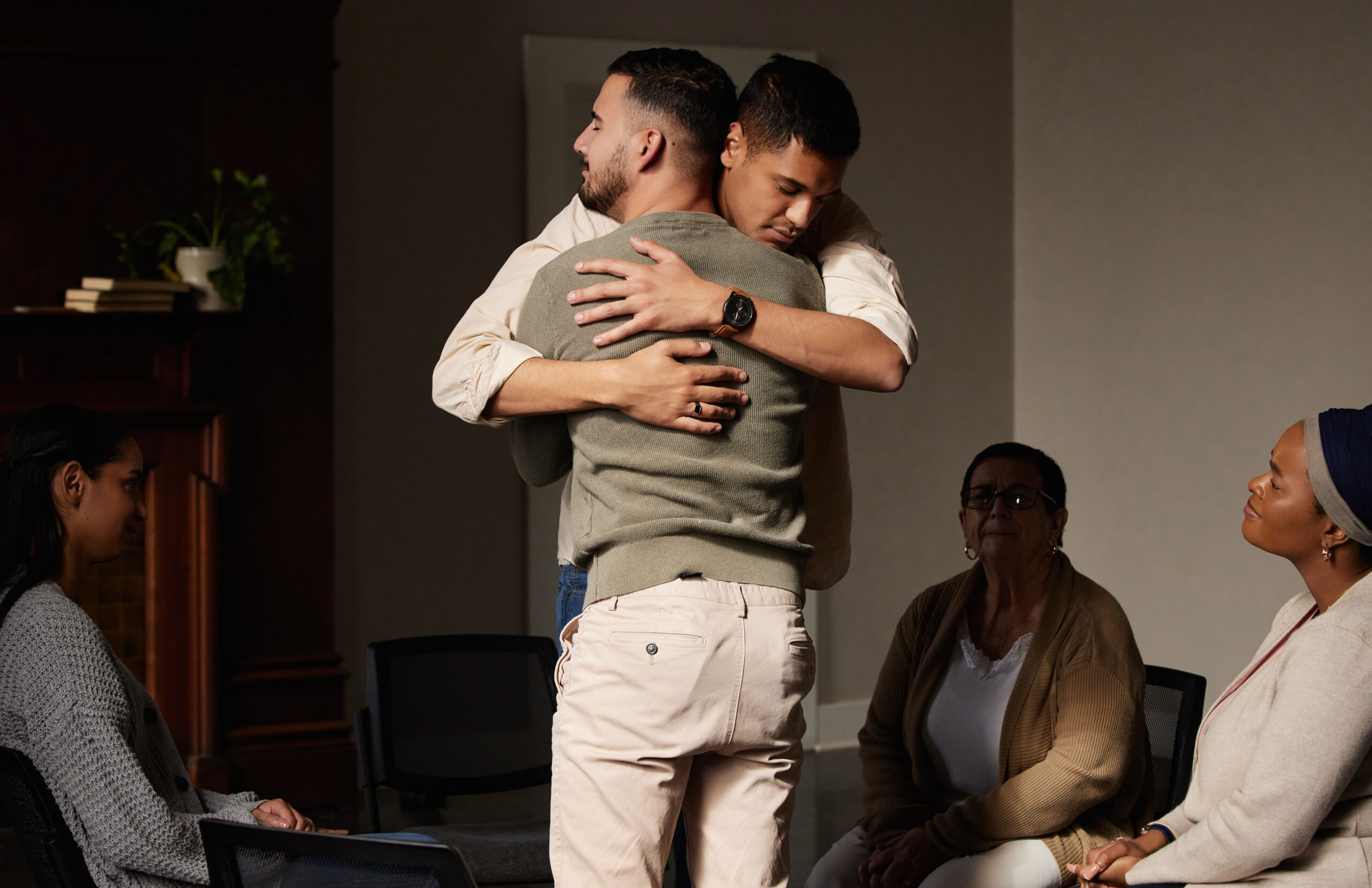Dual-Diagnosis Treatment
- Liberty House Outpatient
- What We Treat
- Dual Diagnosis


Dual Diagnosis Treatment Care at Liberty House Outpatient Center
At Liberty House Outpatient Center, we understand that addiction and mental health challenges can often feel overwhelming, as if the weight of the pain is too much to bear. We also know that, for many Michigan residents, these struggles are intricately tied together, trapping individuals in a cycle of substance abuse and emotional distress. This is the reality of dual diagnosis—a complex experience where addiction and mental health disorders coexist—and it’s something that requires specialized care, support, and understanding to heal.
Dual diagnosis treatment is at the core of what we offer, combining compassionate care with evidence-based approaches to provide relief and renewal for those caught in the grip of both substance use and mental health challenges. If you or someone you love needs help, please know that you’re not alone, and recovery is possible.
Addiction and Mental Health in Michigan
Michigan, like much of the country, continues to face the challenge of substance use and mental health disorders. The opioid epidemic has taken root here, and alcohol abuse, methamphetamine addiction, and misuse of prescription medications are also everyday struggles. At the same time, it’s estimated that one in five Americans lives with a mental health disorder, including depression, anxiety, post-traumatic stress disorder (PTSD), and bipolar disorder.
Often, these two issues coexist, exacerbating one another. For example, mental health disorders can contribute to a reliance on substances as individuals seek temporary relief or distraction, and substance use can worsen mental health symptoms, making lasting recovery seem out of reach. This intersection—the presence of both addiction and mental health disorders—forms the foundation of what we call “dual diagnosis.” Thankfully, with the right care, healing is entirely possible.
What Is Dual Diagnosis?
Dual diagnosis, also known as co-occurring disorders, refers to the presence of both a substance use disorder (addiction) and a mental health disorder. These challenges don’t just exist side by side—they interact, feeding into one another and compounding the recovery process. For this reason, dual diagnosis treatment requires specialized care that addresses both conditions simultaneously.
For example, it’s not enough to treat the addiction alone if underlying mental health issues remain unaddressed. Similarly, focusing solely on mental health while substance use continues can undermine recovery efforts. The most successful approaches to dual diagnosis integrate medical, therapeutic, and holistic care to help individuals heal as a whole, rebuilding their physical health, emotional stability, and sense of self.
Get the Help You Need, When You Need It.
- Day & Evening Treatment Options
- Working Professionals Program
- Supportive Housing Available
- PHP, IOP & OP Programs
- Alumni Programming
- Individual Case Management

Risk Factors for Dual Diagnosis
Dual diagnosis doesn’t happen overnight; it often develops due to a variety of risk factors that place individuals at greater vulnerability. Some of these include:
Physical, emotional, or sexual trauma can deeply influence both mental health and reliance on substances.
Individuals with a family history of addiction or mental health disorders may have a predisposition to developing these challenges.
Neurochemical imbalances that contribute to mental health disorders can also increase susceptibility to addiction.
Chronic stress, poverty, exposure to substance use, or lack of social support can all contribute to the development of dual diagnosis.
Many people turn to alcohol or drugs as a way to cope with symptoms like anxiety or depression, unknowingly creating a cycle of dependency.
Understanding the factors that contribute to dual diagnosis is the first step in breaking the cycle. By providing treatment designed to address root causes—not just symptoms—Liberty House Outpatient Center helps individuals regain control over their lives.

Signs and Symptoms of Dual Diagnosis
The symptoms of dual diagnosis will vary depending on the specific mental health disorder and substance being used, but common signs include:
- Behavioral Changes: Sudden mood swings, impulsivity, or erratic behavior.
- Emotional Instability: Persistent feelings of sadness, anxiety, anger, or hopelessness that accompany or worsen with substance use.
- Social Withdrawal: Avoiding friends, loved ones, or previously enjoyed activities.
- Cognitive Symptoms: Difficulty concentrating, memory problems, or distorted thinking.
- Physical Side Effects: Weight changes, disrupted sleep patterns, fatigue, or physical cravings for substances.
- Compulsive Substance Use: An inability to stop using drugs or alcohol despite knowing the risks or consequences.
Recognizing these symptoms can be painful—especially for families and loved ones—but acknowledging them is an important first step. At Liberty House, we meet individuals wherever they are in their journey, offering guidance and care that helps ease the burden and move toward lasting recovery.
When Is It Time to Seek Dual Diagnosis Treatment?
Knowing when to seek professional help can be daunting, particularly for individuals who are accustomed to managing their struggles on their own or who may feel ashamed or fearful about their situation. If you or someone you care about is experiencing ongoing substance use in combination with mental health concerns, it may be time to seek specialized dual diagnosis care. Here are some signs that dual diagnosis treatment may be necessary:
- Attempts to stop using substances lead to severe withdrawal symptoms or worsen mental health symptoms.
- Substance use has led to serious consequences such as health issues, legal problems, or relationship damage.
- Mental health symptoms persist despite attempts to manage them through self-help strategies or medication.
- Every day life feels overwhelming; work, relationships, or basic responsibilities become unmanageable.
- There’s a risk to personal safety, such as suicidal thoughts or behaviors, or substance use has increased to dangerous levels.
Seeking treatment is not a sign of weaknes; it is a sign of strength. It’s a courageous decision and an investment in a healthier, freer future. At Liberty House Outpatient Center, we understand what it takes to make that choice, and we’re here to support you through every step of the process.

Dual Diagnosis Care at Liberty House Outpatient Center
At Liberty House Outpatient Center, we provide a comprehensive, compassionate approach to dual diagnosis treatment, supporting individuals who are managing both substance use disorders and co-occurring mental health conditions. Our goal is to help clients restore balance, regain independence, and rebuild a meaningful life—one rooted in understanding, self-awareness, and strength.
Healing doesn’t always require stepping away from your daily responsibilities. That’s why our outpatient model offers flexible scheduling, allowing you to stay connected to your work, family, and community while receiving structured, expert-level care. We know that recovery must fit into your life—not the other way around—so we’ve created a supportive space where fundamental transformation is possible without uprooting your entire world.
What truly sets Liberty House apart is our commitment to treating the whole person—mind, body, and spirit. Dual diagnosis treatment isn’t just about addressing symptoms; it’s about uncovering the root causes of your pain and empowering you with the tools to manage both addiction and mental health long-term.
We incorporate:
- Evidence-based therapies, such as cognitive behavioral therapy (CBT) and dialectical behavior therapy (DBT)
- Holistic approaches, including mindfulness training, stress-reduction strategies, and wellness support
Individualized treatment plans that evolve as your needs and goals shift over time
Our team of licensed professionals brings deep experience in both addiction recovery and mental health care. However, just as important as our clinical knowledge is our ability to meet you with compassion, rather than judgment. Your story deserves to be heard, and your pain deserves to be treated with dignity and care.
Whether you’re struggling with depression, anxiety, trauma, bipolar disorder, or another mental health challenge alongside addiction, our staff will work closely with you to build an integrated treatment plan that reflects your unique needs.
Our program doesn’t end when the session is over. At Liberty House, we equip you with real-world tools and relapse prevention strategies to carry into your daily life. You’ll gain coping skills, develop emotional resilience, and learn to recognize triggers before they escalate.
We also provide:
- Life skills training to support independence
- Psychoeducation to help you and your loved ones better understand dual diagnosis conditions
Group therapy and peer support, because healing is stronger in a community

How to Pay for Dual Diagnosis Rehab
Every individual deserves access to care, and financial concerns should never prevent them from receiving the necessary support. At Liberty House Outpatient Center, we work closely with insurance providers to help offset the costs and make treatment more affordable and accessible.
If you’re unsure about what your insurance will cover or how to navigate claims, we’re here to help. Our admissions team can guide you through verifying coverage, exploring payment plans, or tapping into financial resources that ease the burden. For those without insurance, flexible payment plans are available to ensure that care remains within reach.
Seeking treatment may feel like a big step, but we’ll help you every step of the way—including making the financial side of care as straightforward and stress-free as possible.

Take the Next Step Toward Healing
Whether you’ve been struggling for years or have only recently realized that dual diagnosis may be holding you back, now is the time to take your first step toward healing. At Liberty House Outpatient Center, we’re here to help with support, compassion, and evidence-based treatment that can change your life.
This is your chance to reclaim your life, to move beyond addiction and toward mental clarity, emotional health, and personal freedom. Reach out to us today and let us show you how recovery is possible. Contact Liberty House Outpatient Center to learn more about our dual diagnosis treatment program and start your journey to lasting health and healing.
You are not alone, and you have the strength to break free. Let us walk this path with you. Together, we’ll find a way forward.













